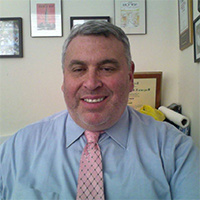Richmond Hill Felony Lawyer, New York
Sponsored Law Firm
-
 x
x

Click For More Info:
-
Law Offices Of George Vomvolakis
275 Madison Avenue Floor 35 New York, NY 10016» view mapCriminal Defense Law Defending New York City Night And Day
We believe in personal attention for each and every client as we understand the anxiety and fear facing criminal charges may cause.
800-824-0380
Ronald Steven Nir
✓ VERIFIEDCriminal, Felony, DUI-DWI, Misdemeanor, Family Law
Ronald Nir has represented individuals and corporations in Criminal Cases for more than 30 years. He has tried to completion well over 250 felony a... (more)
Zachary P. Reibstein
Criminal, Police Misconduct, DUI-DWI, Felony
Status: In Good Standing Licensed: 17 Years
FREE CONSULTATION
CONTACTAnne Joy D'Elia
White Collar Crime, Misdemeanor, Felony, DUI-DWI
Status: In Good Standing Licensed: 27 Years
FREE CONSULTATION
CONTACTCharles Miller
Criminal, DUI-DWI, Felony, Misdemeanor
FREE CONSULTATION
CONTACTFREE CONSULTATION
CONTACT George Vomvolakis New York, NY
George Vomvolakis New York, NY Practice AreasExpertise
Practice AreasExpertise

